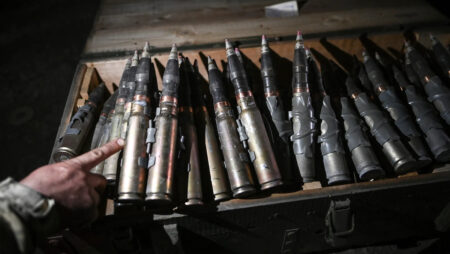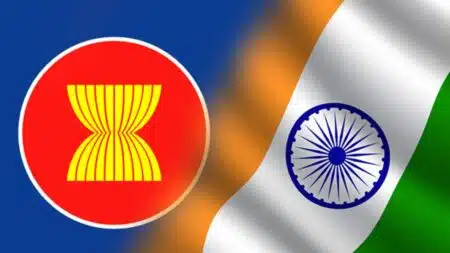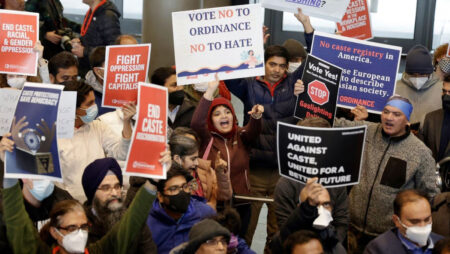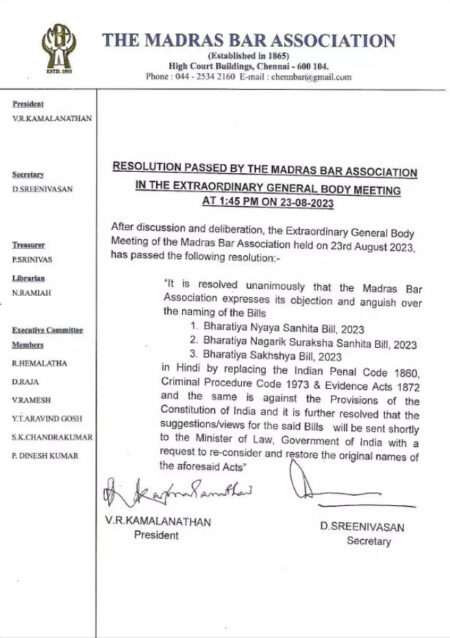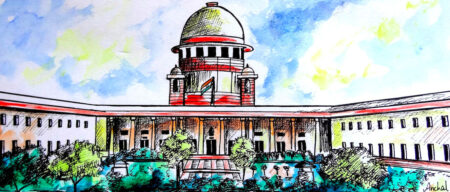Jimmy, a proponent of democracy, and Phyo Zeya Thaw, a former lawmaker and rapper who was also a supporter of deposed Myanmar leader Aung San Suu Kyi, were among those put to death. Murder of Democracy.
Four democracy campaigners convicted of aiding in “terror actions” were put to death by Myanmar’s military rulers, according to state media on Monday. These were the country’s first executions in many years.
The four men were found guilty of aiding militias in their struggle against the army, which had taken control in a coup last year and had unleashed a brutal crackdown on its opponents, and were sentenced to death(Murder of Democracy) in a trial that took place behind closed doors.
The alleged executions were denounced by Myanmar’s National Unity Government (NUG), a covert government that the military junta in power has outlawed.
Extremely grieved, and if that is the true, condemn the junta’s savagery in the harshest terms, said Kyaw Zaw, a spokeswoman for the NUG president, in a message to Reuters.
“The entire world must condemn their barbarism.”
Phyo Zeya Thaw, a former lawmaker and hip-hop musician, and democratic activist Kyaw Min Yu, also known as Jimmy, were among those put to death, according to the Myanmar publication Global New Light.
In June, the 53-year-old Kyaw Min Yu and the 41-year-old Phyo Zeya Thaw, a supporter of the former leader of Myanmar Aung San Suu Kyi, lost their appeals against the sentences. Hla Myo Aung and Aung Thura Zaw were the two other people put to death, called Murder of Democracy.
Phyo Zeyar Thaw’s wife, Thazin Nyunt Aung, said she was not informed of her husband’s killing. It was unable to immediately contact other relatives for comment.
The four had been prosecuted in accordance with the penal code and the counter-terrorism law, and the punishment was administered in accordance with prison protocol, the article said without going into further detail. Hanging has formerly been the method of death in Myanmar.
The Assistance Association of Political Prisoners (AAPP), an activist organisation, claimed that Myanmar last carried out a legal execution in the late 1980s.
Calls to a military spokeswoman for comment were not immediately returned.
Censure on a global scale
Zaw Min Tun, a military spokesperson, supported the death sentence last month by asserting that it was appropriate and practised in many nations.
He stated in a televised news conference that “at least 50 innocent citizens, excluding security forces, perished because of them.”
He questioned, “How can you argue that this is not justice? “Required acts must be completed in the appropriate circumstances.”
International outrage followed the sentencing, which two U.N. experts dubbed a “vile attempt at spreading terror” among the populace.
In a letter to junta leader Min Aung Hlaing in June, Cambodian Prime Minister Hun Sen, who serves as head of the Association of Southeast Asian Nations (ASEAN), expressed the grave concern of Myanmar’s neighbours.
Foreign remarks regarding the execution orders have been criticised by Myanmar’s governing junta as “reckless and meddling.”
Since the coup last year, there has been anarchy in Myanmar, with violence spreading across the country as the army put down largely nonviolent rallies in the cities.
Since the coup, almost 2,100 people have died: activist group
The junta disputes the AAPP’s claim that more than 2,100 individuals have been slain by security personnel since the coup.
Since hostilities have extended to more rural regions where ethnic minority rebel groups are now battling the military, it has been difficult to gauge the real scope of the carnage.
According to International CRISIS group analyst Richard Horsey for Myanmar, the most recent killings eliminate all likelihood of putting a stop to the turmoil.
According to Mr. Horsey, “Any chance of discussion to address the situation brought on by the coup has now been eliminated.”







